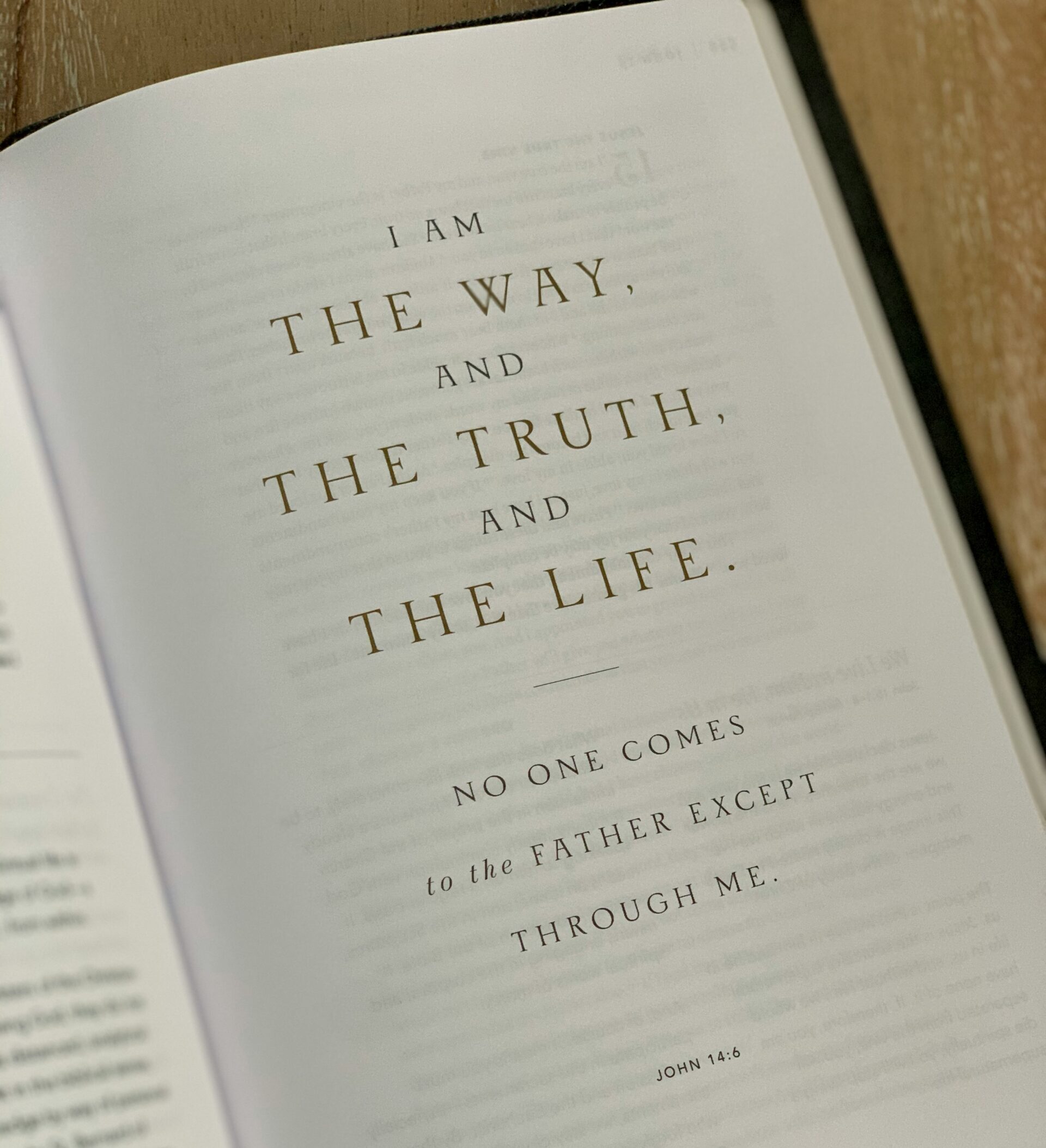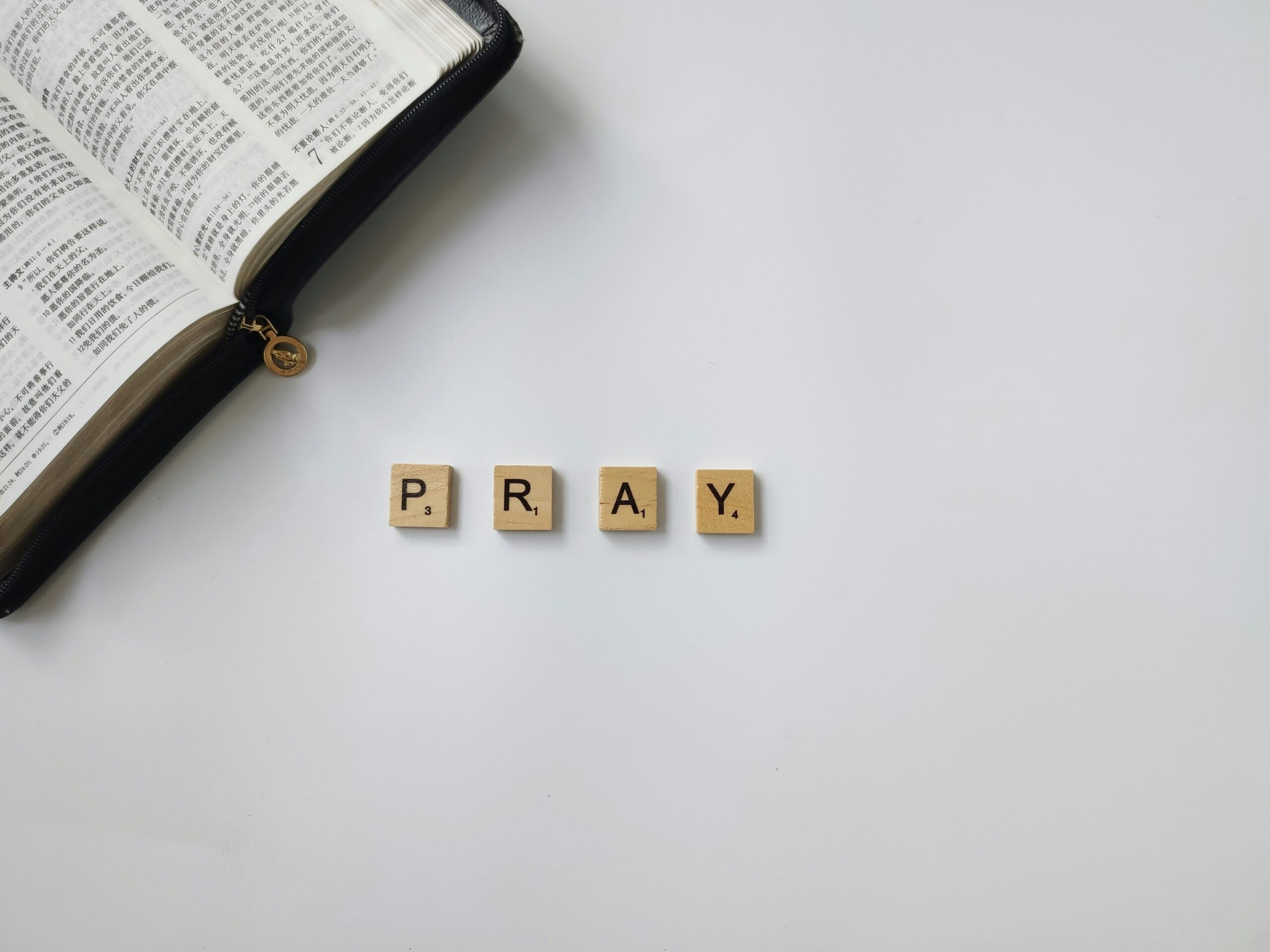Faith over feelings!
Faith is one of the foundational virtues in the Christian life, along with humility. And we’re gonna get into its opposite too: Unbelief.
Faith isn’t just a spiritual buzzword. It’s a defining trait of God’s character and one of the clearest signs that we’re becoming more like Christ. Without faith, it’s literally impossible to please God (Hebrews 11:6). But we live in a culture that’s making doubt look like a virtue and faith like a blind leap. Let’s clear that up.
Lost Virtues: Faith — A Gift You Can’t Fake
So pastors do sermons on this all the time, but what I’m going to do for you guys is different.
I’m not here to give you a TED Talk on belief or inspire some emotional high. I want to give you God’s standard. What God expects of us for faith.
Because faith isn’t just some feel-good vibe or private opinion. Faith is a foundational Christian virtue—it’s what Jesus expects of us and how He lived. It’s a trait that defines our walk with God. It’s also one of those virtues that doesn’t have a balancing excess. It’s either present or it isn’t.
This is why this post might challenge you more than others. Because unlike humility, patience, or kindness, faith has one direct opposite:
- Virtue – Faith
- Vice – Unbelief
But I also want to talk about doubt, because it’s a real part of life. And I want to show you how it’s different from unbelief. So here’s the breakdown:
- What culture says about faith
- Doubt: what it is and how it grows
- Unbelief: the sin we’re not calling sin
- Faith: the virtue God gives
- How to grow in faith (practical stuff)
What the Culture Gets Wrong About Faith
Let’s start with the noise around us. Culture talks about “faith” in vague, poetic terms:
“I believe in love, though I don’t have it yet.”
“I prayed once… me and God are cool.”
“You just gotta have faith!” (Faith in what?)
Most people act like faith is just this personal leap into the unknown. No evidence, just vibes. That’s how Christians are often painted—like we’ve turned off our brains to feel good inside.
But let’s be clear: this isn’t about IQ. Some of the smartest people alive have come to Christ. Not because they got every single answer to every single question, but because they understood that belief isn’t just about data—it’s about humility.
You can have all the evidence in the world and still not believe. Why? Because if you believe in the real God, you’ll have to change your life. And that’s what most people are avoiding.
“People almost invariably arrive at their beliefs not on the basis of proof but on the basis of what they find attractive.” —Blaise Pascal
Let that sink in.
We live in a hyper-skeptical culture, where we’re told to question everything—except our own autonomy. There’s a war on organized religion, but a growing obsession with vague spirituality. People say they’re “awakening,” but it’s to a version of god they can manage.
Here’s the truth:
92 percent of adults — say they have a spiritual belief, in a god, human souls or spirits, an afterlife or something supernatural.
Everyone believes in something.
But is that “something” real—or just convenient?
Doubt: When the Questions Start
So where does doubt come in?
Doubt isn’t a sin. But it’s a dangerous seed. Doubt, when left unchecked, becomes disobedience.
That’s how Satan got Eve. Not with a lie—but with a question:
“Did God really say…?”
Satan wants you to doubt God’s goodness, His justice, His power, His Word. And in our culture of self-obsession, we’re constantly looking inward for truth instead of upward. That’s a problem.
Even Peter doubted Jesus while walking on water. He had literal proof in front of him, and still sank.
“O you of little faith, why did you doubt?” – Matthew 14:31
It’s a rhetorical question—because doubt never has a good answer.
But if you take your doubts to God, if you wrestle with them honestly, that’s faith in action. The danger is letting your doubts fester. That’s how they become unbelief.
Unbelief: The Sin we’re not calling sin
Unbelief is not just doubt. It’s rejection. It’s willful.
And Scripture doesn’t take it lightly.
Unbelief is what crucified Jesus. It’s what made His friends abandon Him. When we refuse to trust God’s Word, we’re saying He’s not trustworthy. That’s a serious accusation. It’s not just ignorance—it’s calling God a liar.
“Unless I see the nail marks… I will not believe.” —Thomas (John 20:25)
Jesus didn’t coddle that. He said:
“Do not be unbelieving, but believing.” – John 20:27
People today say, “God hasn’t met my burden of proof.”
But ask yourself: Who are you to set the standard for God?
You’re a created being. And God already gave you enough.
“Since the creation of the world His invisible attributes are clearly seen… so that they are without excuse.” – Romans 1:20
Unbelief is serious. It isn’t just “I’m not sure.”
It’s “I don’t want to believe.” And it’s a sin.
Faith: A Gift That Leads to Obedience
So what is faith?
Faith is not just believing God exists. It’s believing God is who He says He is. And it’s a gift from God Himself.
“God has dealt to each one a measure of faith.” – Romans 12:3
Every human being has been given some capacity to believe. But it grows by walking with Jesus—by experience, by obedience, and most of all, by the Word.
“Faith comes by hearing, and hearing by the word of God.” – Romans 10:17
That’s why we preach the Word. That’s why we read the Bible. That’s why we live it out. Because true faith always leads to action. In James it says that “faith without works is dead”.
Read Hebrews 11—the faith chapter. These weren’t perfect people. But God saw their belief, and He honored it.
“Without faith it is impossible to please Him.” – Hebrews 11:6
“We walk by faith, not by sight.” – 2 Corinthians 5:7
If you really believe, you’ll act like it. Not to prove something to others—but because you can’t not obey a God you trust.
Practical Ways to Build Faith
There are levels to this. The Bible talks about unbelief, weak faith, strong faith.
We’ve all been given a measure—but we can grow. Here’s how:
1. Pray for More Faith
Faith is a gift—ask for more. Jesus prayed for Peter’s faith to hold. You can pray for yours too.
“But I have prayed for you, that your faith should not fail.” – Luke 22:32
2. Read Scripture Daily
Faith grows by hearing the Word—so read it. Not just podcasts and sermons. Open your Bible. Read it with friends if you can. (There’s power in the body of Christ!)
3. Meditate on the Word
Take a verse and dig deep. Really reflect.
“For with God nothing will be impossible.”
Do you believe that? Or do your prayers suggest otherwise?
Write down your doubts. Line them up next to that verse. Let God’s truth speak louder.
Because the Bible is the Word of God. If you’re waiting to hear from Him, that’s where He’ll meet you.
Faith isn’t just the starting point of salvation-
It’s obedience, rooted in trust, strengthened through the Word, and sustained by the Spirit.
If you truly believe the claims of Jesus, your life will reflect it. Your actions will change. Not because you’re trying harder, but because you’ve surrendered deeper.
“Therefore we make it our aim, whether present or absent, to be well pleasing to Him.” – 2 Corinthians 5:9
Challenge
So where do you stand? Unbelief? Doubt? Or real, growing faith?
Ask for more. Walk closer. Trust harder.
God is worthy of your faith—because He’s already been faithful to you.
Stay Salty Christians,
Nef 😉






Read the Comments +